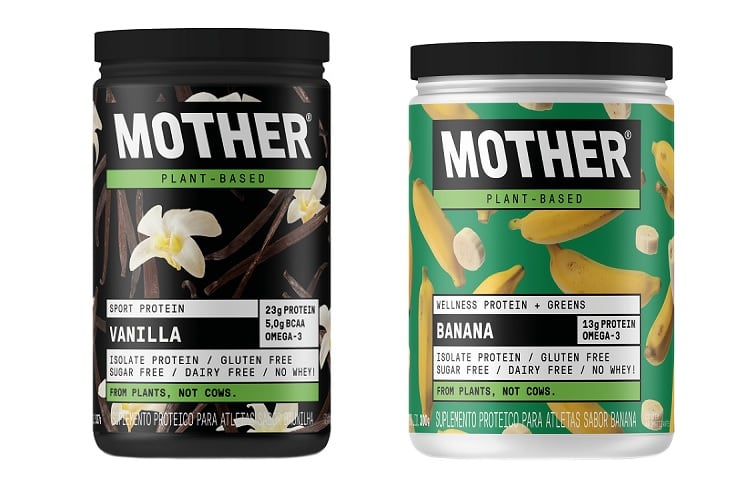1. Can you tell me a little about yourself and Move Nutrition?
Move Nutrition is a registered trademark in Colombia, which offers products and services that carry the motto of body, mind and spirit in motion.
We currently carry out face-to-face and virtual nutrition consultations, and have an agreement with sports physicians and personal trainers to support the clients' goals. We also offer talks in academic events, formative institutions and private companies.
We want to integrate more professionals and companies with our same philosophy. The purpose is to make people smile more, eat better, be more active, and to boost their mind and spirit. Food and exercise are made to heal, and improve performance, mood and well-being — not to generate suffering.
Specializing in food and exercise, I like to move, travel, discover, learn, and help other people get the best from food and exercise.
In my personal search to better fuel my body, mind and spirit, I have found that many people connect with this idea of re-believing the basics. Actually, we all have what we need, we just need movement. My best gift in life is to see another human being smile through what I do: that is my mission.
2. What inspired you to launch Move Nutrition?
I was inspired from childhood by the desire to do something that helped people avoid getting sick, and instead make them smile more.
Nowadays, many diets, magical products and strategies to lose or gain weight are promoted in order to solve a health situation or to improve performance. However, in many cases, people do not do the basics well, to enable them to improve.
People stop believing in food, stop believing in themselves. I was inspired by the fact that people could trust someone who is looking for and cares about their well-being.
3. What are people's top questions/ needs when they come to your for a nutrition consultation?
The most common questions are:
- How to lose or gain weight
- How to change body composition
- How to improve digestion
- How to boost energy levels
- How to control lipids or glycemia.
- How to perform better during exercise or at sports
4. How is this different to people who are looking for sports nutrition consultations?
Those who attend for a sports nutrition consultancy seek to:
- Improve their body composition
- Improve their performance
- Try other nutrition strategies
- Hydrate better
- Try a dietary supplementation to enhance their training and skills.
Other people will visit as a matter of health or injury management.
5. What are the top trends you are seeing in the sports nutrition market today?
Many people seek supplementation, but many people want to return to natural and basic diets — both trends are strong. New meals and supplements are becoming increasingly practical and produce better tolerances.
The market contains products that offer real benefits, especially if they contain natural ingredients, compared to consuming food or other conventional supplements. These items bring proven benefits for health and performance.
The issue of safety, efficacy, efficiency and the dose response relationship is increasingly important.
6. How big of a part does psychology play in sports nutrition?
The mental issue is fundamental in sports nutrition. Athletes should feel that they can achieve their goals, that what they eat really does them good. Also, they should feel confident that they can change patterns of food or supplementation to create better outcomes.
Much of the success of nutritional schemes has to do with discipline, with trust and congruence with training. "If you don't trust what you eat or drink, if you don't trust the scheme, if you don't trust your process, it's very difficult to move forward."
7. Are companies aware of the importance of psychology? How is this impacting product launches?
I think that many companies are. Some make ethical use of the psychological competency, and others take advantage of this issue to sell and promote products and services that are neither good nor necessary.
Awareness of people's emotions can then be used to help them improve, to achieve something new — or, they can be used to buy your product, regardless of whether it really works.




